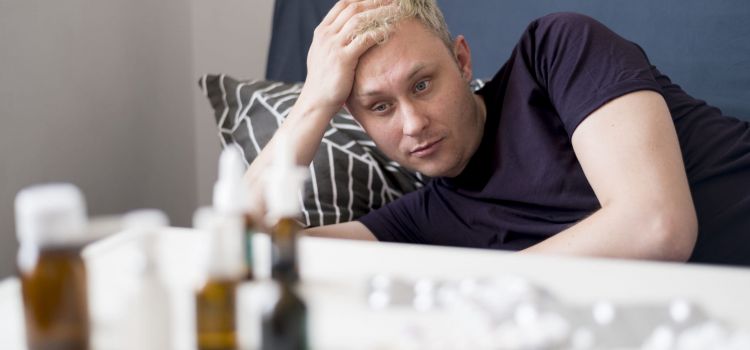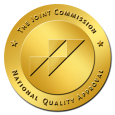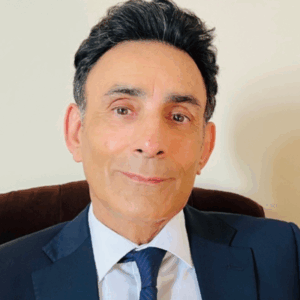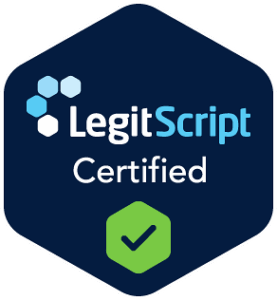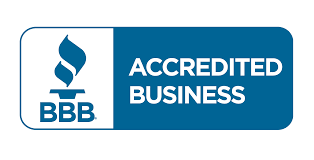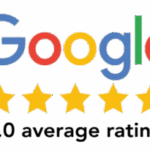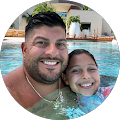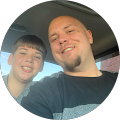Heroin recovery often requires more than willpower because addiction affects brain chemistry, coping patterns, and emotional regulation. Treatment can combine evidence-based therapy with medication support so the physical and psychological parts of addiction are addressed together. This balanced approach is designed to reduce cravings and withdrawal pressure while building skills that help someone stay sober in daily life.
Medication-Assisted Treatment options described include monthly buprenorphine injections and monthly naltrexone injections. Buprenorphine is described as a partial opioid agonist that quiets withdrawal and curbs cravings without producing a heroin-level high, and it can be offered across Partial Hospitalization, Intensive Outpatient, and Outpatient tracks. Naltrexone is described as an opioid antagonist that blocks receptor sites so that if a slip occurs, euphoria doesn’t arrive, and it is considered ideal once detox is complete and cravings are more moderate.
On the therapy side, Cognitive Behavioral Therapy focuses on practical tools for changing thought patterns and managing triggers. Dialectical Behavior Therapy supports emotion regulation and distress tolerance, which can be critical when cravings spike. Trauma-focused modalities are included to address trauma that can raise relapse risk. An integrated dual-diagnosis pathway helps ensure anxiety, PTSD symptoms, or other mental health concerns don’t sabotage progress.
The combination matters because medication can stabilize brain chemistry so a person can participate clear-headed, while therapy builds the day-to-day tools needed to sustain recovery when stress and triggers return.
